
How to Care for Baby Birds That Have Fallen Out of a Nest. If you are walking outside and find a baby bird that has fallen out of the nest, your first thought is probably to bring the bird home and nurse it back to health. Believe it or not, doing so can actually be harmful. Birds can easily die from being overfed or underfed, and newborn baby birds need food every 15 to 20 minutes during the day - a nearly impossible task for most people to take on. Instead, you can make sure to leave the bird in a place where its parents can find it and take care of it.
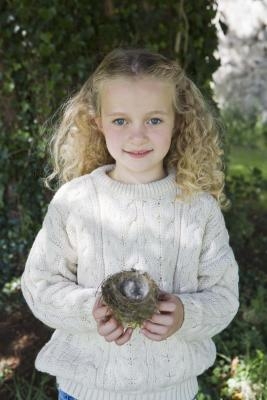
Check the bird for injuries. If the bird has been injured, call a local veterinarian or conservation department and ask them for advice on healing the specific injuries. If the bird is not injured, there's a good chance you can help it out.
Stick out your finger and encourage the bird to hop onto it. If the bird perches on your finger and grips it well, the bird is probably a fledgling (older, nonflying bird). If it cannot, it is probably a nestling (younger, newborn bird). If the bird is a fledgling, leave it where it is. It is normal for these birds to leave the nest.
Try to find the nest to place the nestling into. Look around the area where you found the baby bird, searching well in dense branches nearby. If you find the nest, place the bird in the nest and leave the area.
Make your own nest, if you cannot find the original one. Line a small wicker basket or a plastic berry box with tissues. Tie the basket securely to the branch of a tree by threading string through the holes in the basket and knotting it around the branch.
Place the baby bird in the homemade nest, and leave the area. Keep all cats and other domesticated animals as far from the area as possible.
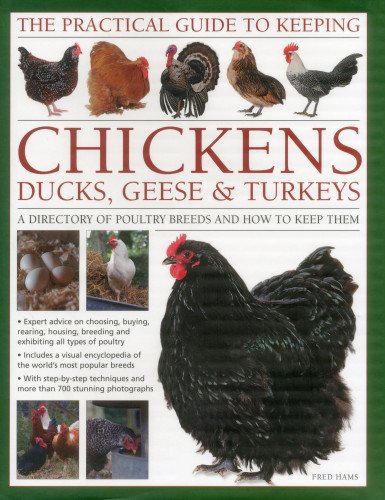 The Maran Chicken
Poultry BreedsThe Maran Chic
The Maran Chicken
Poultry BreedsThe Maran Chic
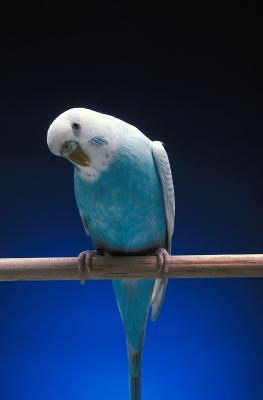 How to Kill Mites in Caged Birds
How to Kill Mites in Caged Birds
How t
How to Kill Mites in Caged Birds
How to Kill Mites in Caged Birds
How t
 Transport & Tourism Industry News & Show Updates Kuoni Academy
of your little should carry personal information on them
Transport & Tourism Industry News & Show Updates Kuoni Academy
of your little should carry personal information on them
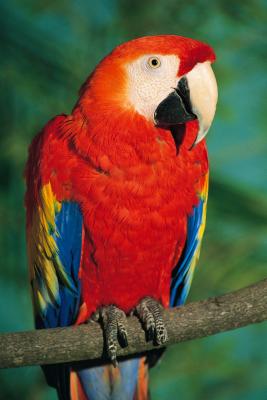 How to Disinfect a Bird Cage and Bird Toys
How to Disinfect a Bird Cage and Bird Toys
How to Disinfect a Bird Cage and Bird Toys
How to Disinfect a Bird Cage and Bird Toys
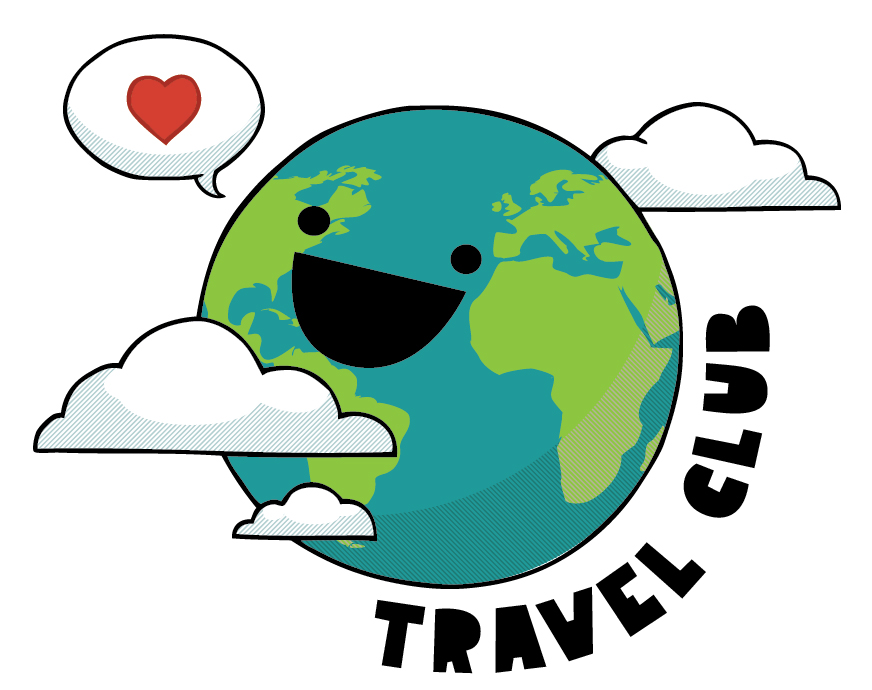 Perfect Travel Destinations With Travellers Aged In Excess Of 80
Person stage is a persons age when oldies have all their t
Perfect Travel Destinations With Travellers Aged In Excess Of 80
Person stage is a persons age when oldies have all their t
Copyright © 2005-2016 Pet Information All Rights Reserved
Contact us: www162date@outlook.com